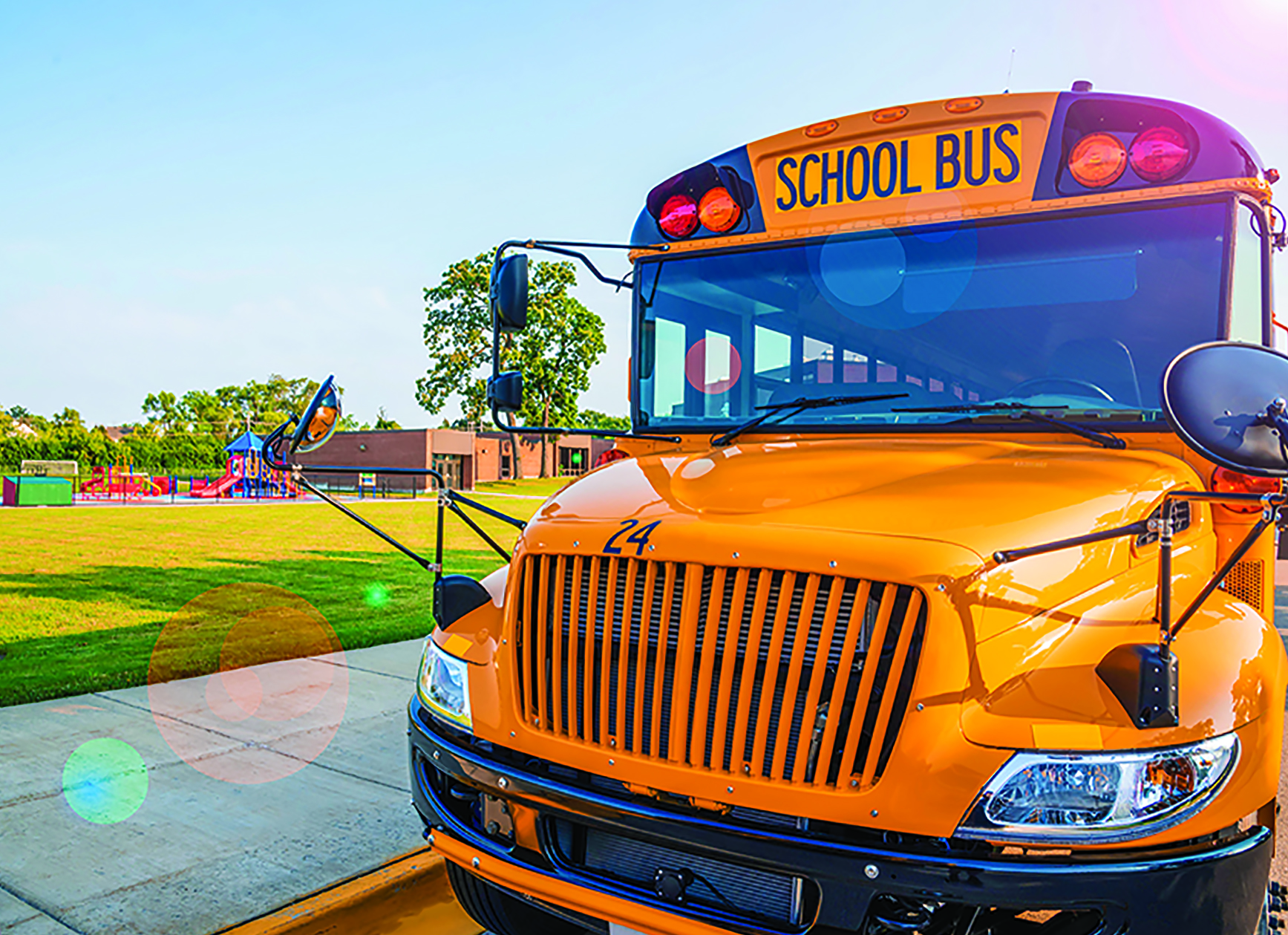GUELPH – School bus drivers are not happy with the return-to-school plan and the added responsibilities that will fall on their shoulders once buses get rolling later this month.
That was the message relayed to Upper Grand District School Board trustees on Sept. 1 by Debbie Montgomery, president of Unifor Local 4268, which represents school bus drivers in several communities across Ontario.
She said asking bus drivers to ensure children are wearing masks properly, have used hand sanitizer, and remain in their assigned seats, plus the added responsibility of sanitizing buses between runs, is more than they should have to do.
“Drivers don’t feel safe,” she said.
Montgomery said there should be adult monitors on school buses to help with hand hygiene, seating and masks; there should be fewer students on buses to ensure two-metre distancing; and drivers need medical-grade masks for their own protection.
As well, drivers are concerned about their new obligation to deep-clean buses, the time it will take, the chemicals involved and the emotional weight of the added responsibility of keeping the coronavirus at bay, Montgomery said.
Though her union doesn’t represent drivers for Wellington-Dufferin Student Transportation Services, the consortium of bus operators that services five local school boards – Montgomery said there needs to be a school bus policy that’s consistent across the province.
Trustee Linda Busuttil said, “School boards don’t set policy for buses and we don’t have control.”
Montgomery replied, “We see direction for school bus drivers on school board websites.” She added that direction is not consistent across boards.
“It’s easy to be confused on who our employer is… There are a lot of levels of bureaucracy,” said Montgomery.
Finance superintendent Glen Regier, also the UGDSB liaison on the transportation consortium, said the consortium is aware of the concerns and has tried to address them locally.
He said drivers will have masks, face shields and gloves and the seat behind the driver will be empty. Face shields are not worn while driving.
Ridership is down as many families have opted for online learning, so buses will not be at full capacity this year.
“For our area, we average 55 students per bus,” Regier said, and once routes are finalized, “we will see lower numbers overall” – in the range of 24 to 48 students per bus.
He said the province recently announced funding for driver retention and enhanced cleaning, although he didn’t yet know details on how that would improve the local situation.
To have adult monitors on every school bus would take significant resources, Regier said.
Whether paid staff or parent volunteers, each one would need a criminal record check and training.
And that would put another person on the bus each day, affording less space for physical distancing.
“We have 500 routes and would need 500 more staff,” Regier said.
The consortium is considering having student bus monitors, but those would be students already riding the bus who could help other riders.
Trustees were concerned the five school boards in the consortium don’t have consistent masking rules and other boards may not require students to wear masks on school buses.
The UGDSB requires masks for all students, from JK up, while in school and also on buses.
Regier will reach out to the transportation consortium to get clarification on the mask policies for the other four boards.
The other boards are: Conseil scolaire catholique MonAvenir, Conseil scolaire Viamonde (SV), Dufferin-Peel Catholic District School Board, and Wellington Catholic District School Board.




